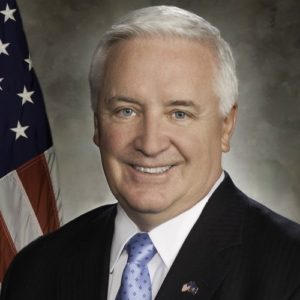Safety-Net Hospital Finances Falling Behind Other Hospitals
While most hospitals have recovered from the worst of the recession, safety-net hospitals that were already weak before the recession now find a growing financial gap between themselves and other hospitals.
So reports the new study “Hospital Financial Performance in the Recent Recession and Implications for Institutions That Remain Financially Weak,” which was published in the May edition of Health Affairs.
According to a news release about the study,
About 28 percent of the safety-net hospitals were financially weak in 2006. While their financial performance dipped in 2008, these institutions rebounded by 2011. However, the financial gap between the safety-net hospitals and the non-safety-net hospitals continues to widen in terms of their total profit.
 The release also notes the implications of this financial struggle:
The release also notes the implications of this financial struggle:
On the one hand, financially weak and safety-net hospitals continue to keep their doors open. On the other hand, these institutions remain in precarious financial positions that could compromise their ability to invest in innovations or quality improvement activities that may provide value for patients.
Learn more about the study in this news release or find the study itself here, on the web site of the publication Health Affairs.







